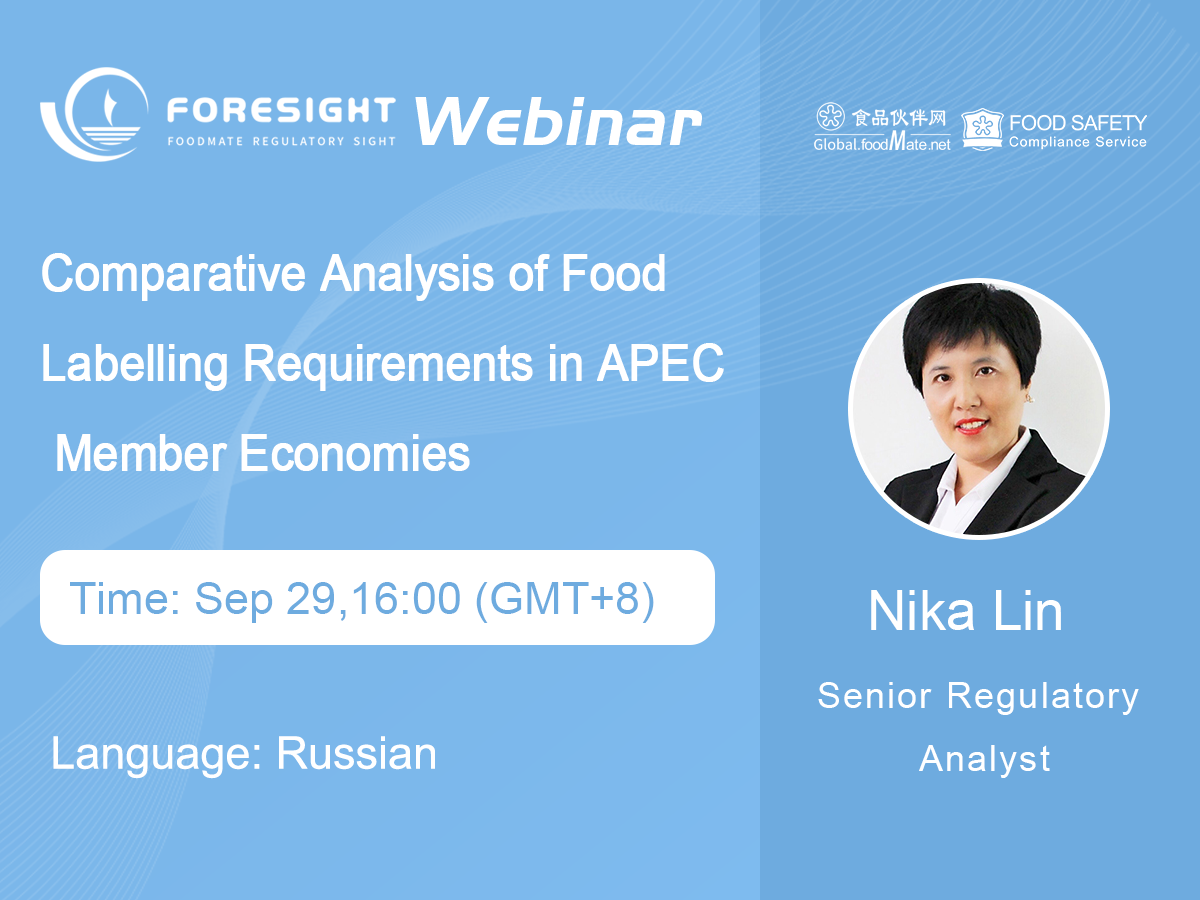Solutions
Registration and filing service 
Formula & Label compliance consulting service 
Food regulatory service 
Certification and supplier audit service 
Registration and filing service 
Formula & Label compliance consulting service 
Cosmetic information tracking and consulting service 
About Us









